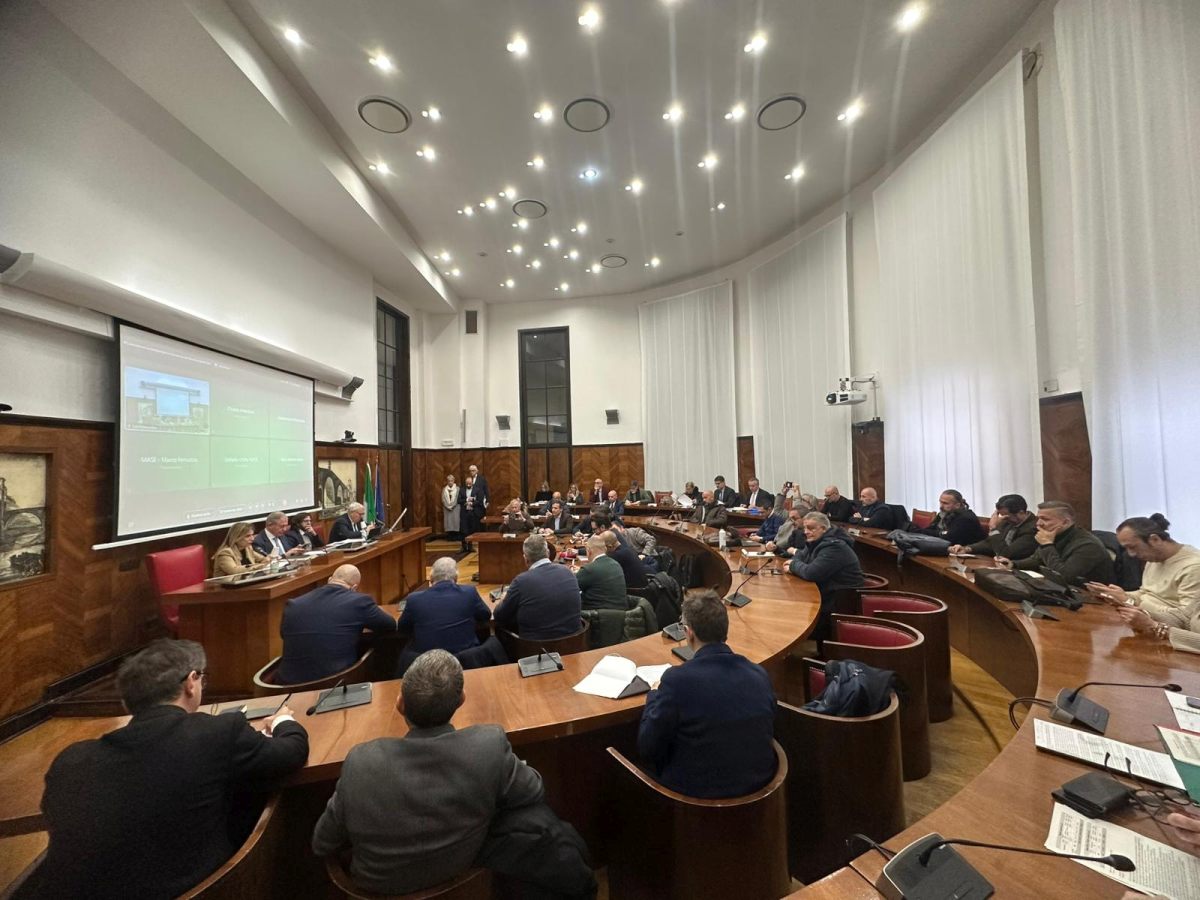ROME (ITALPRESS) – The Table chaired today by Minister of Business and Made in Italy Adolfo Urso at Palazzo Piacentini concluded, with the full agreement of all parties on the agenda, objectives and modalities for the definition of the Program Agreement on the Terni Ast-Arvedi steelworks.At the minister’s proposal, a timetable was defined to untie the knots on the technical level regarding energy supply, based on the Umbria Region’s intentions, and in relation to the resources that will be made available by MASE and MIMIT to support the company’s Industrial Plan, in order to reach the signing of the Program Agreement by February. The meeting, chaired by Minister of Enterprise and Made in Italy Adolfo Urso with Undersecretary with responsibility for industrial crises, Fausta Bergamotto, was attended by top ministry officials, including MIMIT’s Enterprise Department head, Amedeo Teti, and the head of the minister’s technical secretariat, Marco Calabrò. Also present were the newly appointed regional councillor for economic development of the Umbria region, Francesco De Rebotti, the mayor of Terni, Stefano Bandecchi, representatives of the company and labor organizations. A technical roundtable will be held in January to define the framework of facilities to support steel investment in compliance with European rules. A second area of intervention, in a multilateral format between Mimit, the company, the Umbria Region and the Municipality of Terni, is related to energy supply, in relation to the tender for the new concession of the Terni hydroelectric power plant, which will take place in 2029 and on which the Region will have to provide its intentions.The goal, stressed by Urso, is to convene a final table for February for the signing of the program agreement. During the meeting, the minister also took the opportunity to explain to the unions the nonpaper presented to the European institutions on December 27, with Austria, Bulgaria and Poland, on the revision of the Border Carbon Adjustment Mechanism (CBAM), which provides for the taxation of imports from non-EU countries with less stringent climate regulations, calculated on the basis of the amount of CO2 incorporated or emitted for the production of goods. The goal of the nonpaper is to keep Europe competitive in key production sectors, support the path of energy-intensive industries toward the green transition, achieve strategic autonomy for the Continent, and stop the relocation of industries.
– Mimit press office photo –
(ITALPRESS).

